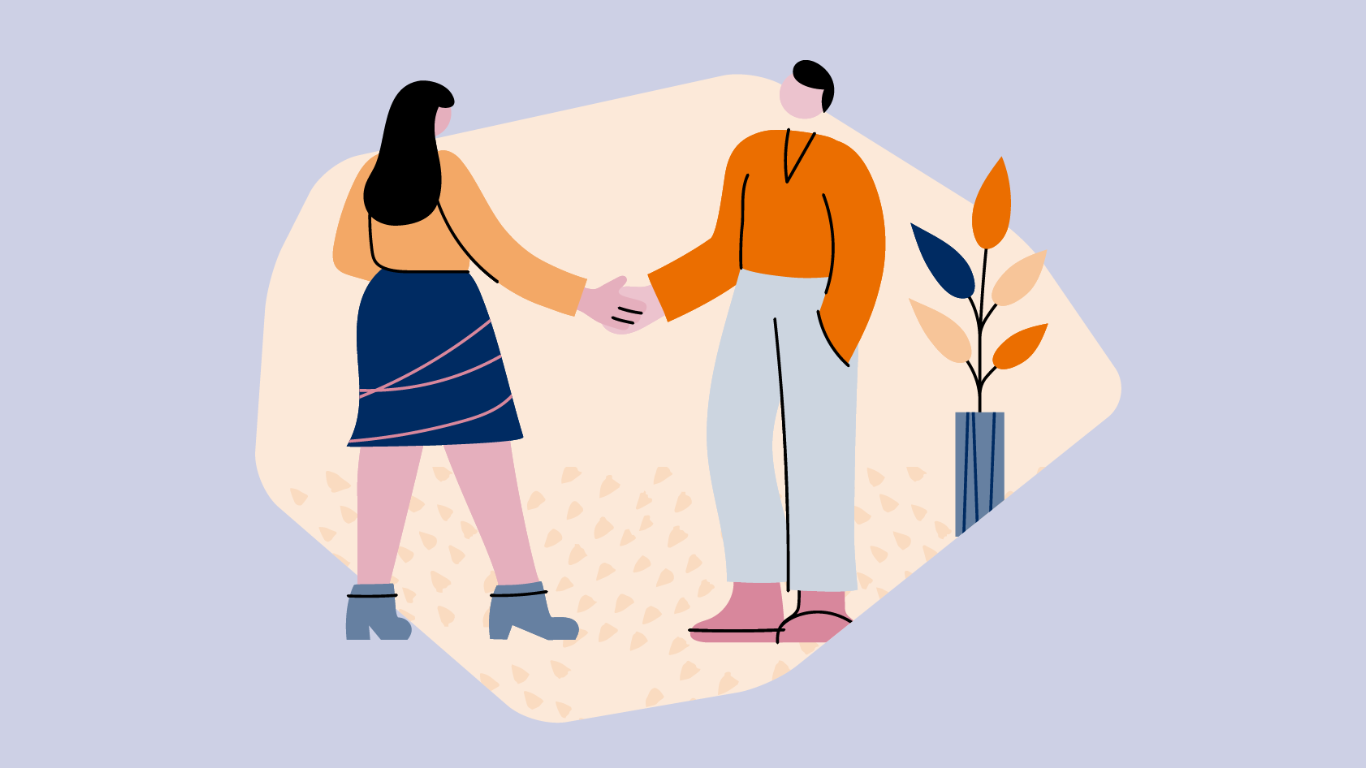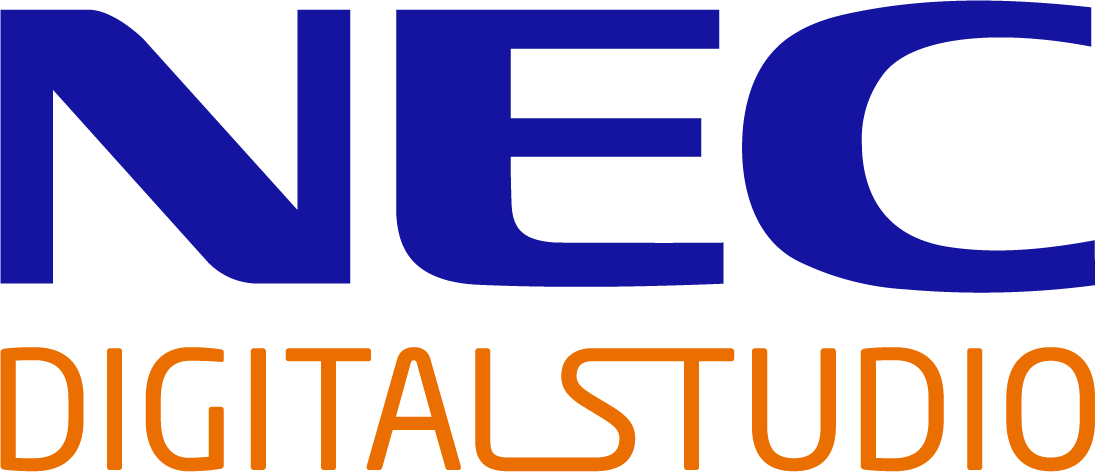 29 January 2026 · Articles
29 January 2026 · Articles
Dusting off the User Research toolkit
In this article Principal User Researcher Nicola Graham-Marti explores why the shift to online research methods has happened, how this enabled our work to continue during the pandemic and what we could regain from broadening our research techniques again.

Over the last few years, we have noticed a dramatic shift within the User Research field from running research using a variety of co-creative and participatory methods, to almost always relying on online interviews.
As an organisation, our history and case studies demonstrate our passion and skills in working with people in creative ways to solve complex problems. But over the last few years our working practices have had to change.
During the Covid-19 pandemic in 2020 we adapted quickly, along with many other sectors, to develop a new way of doing user research, as life shifted online. Once the world began to return to a new normal and workplaces opened back up, we too made our return to the studio again, however, the way we conducted user research didn’t seem to make this same shift back, as many of our clients didn’t feel the need to return to in-person research.
The benefits of remote user research
We have seen that remote user research sessions have brought some real benefits to us, participants and our clients, leaving us with a lasting change in our user research practice.
Remote user research sessions are often:
- Quicker to run, with less time needed for travel and no need to organise such travel for researchers, clients and the participants.
- Easier to recruit participants because we aren’t asking for that extra time to travel to a venue.
- More accessible, as barriers are removed for those who might not be able to travel to a venue and they can take part from their home with an assistive technology they might have.
- A cost-effective approach for tighter budgets due to additional costs of in-person materials, travel, hiring spaces etc.
- Easier for clients to jump into and observe.
The challenges of remote user research
On the other hand, as user researchers we are passionate about using a variety of user research methods and a key element to this is conducting our research in person.
Whilst remote user research sessions have their benefits, there are some downsides:
- On some projects this can leave us feeling like we have less understanding of the other factors that affect participants’ behaviour and attitudes, as we only see a small snapshot of their lives from our tiny screens.
- It can also feel like we limit our potential reach as participants need to have access to the internet and the technology required for virtual user research sessions.
- Sometimes, it’s harder to build natural conversations and rapport with participants that might previously have happened during those initial greetings over a cuppa.
Embracing co-creative research methods
For these reasons we are continuing to push ourselves and our clients to expand the user research methods we use. There are many co-creative user research methods we can work with including; co-creative workshops, observations and diary studies to name just a few. We believe it’s important for our practice and our clients’ projects to remind ourselves and the teams we work with of the value of expanding our methodologies beyond online interviews exclusively.
For open, exploratory research projects these types of co-creative and participatory methods can help us to really observe and understand more about peoples’ behaviors, attitudes and the things that influence them, as well as making the research experience more engaging and fun for participants. To do this we have been:
- Running sessions with our sales teams to share the different methods, benefits and costs associated.
- Exploring and testing out methods in internal projects to continue to build our skills.
- Using co-creative methods within online interviews, for example:
a. Asking participants to do a shortened diary study style activity beforehand
b. Using card sorting methods within a shared mural
c. Sending physical items through the post in advance to co-create or physically map together over a video call
Are you interested in learning more about co-creation methods?
In addition to the above, to help us and others move beyond the online interview, we have created a training course called Co-creative Methods for Research and Design through our Design School. The aim of this course is to share our skills and knowledge of co-creation methods and continue to help and inspire others to move beyond online interviews. It’s aimed at new and established researchers as well as non-researchers and designers who would like to improve their understanding of co-creation methods for research and design.


